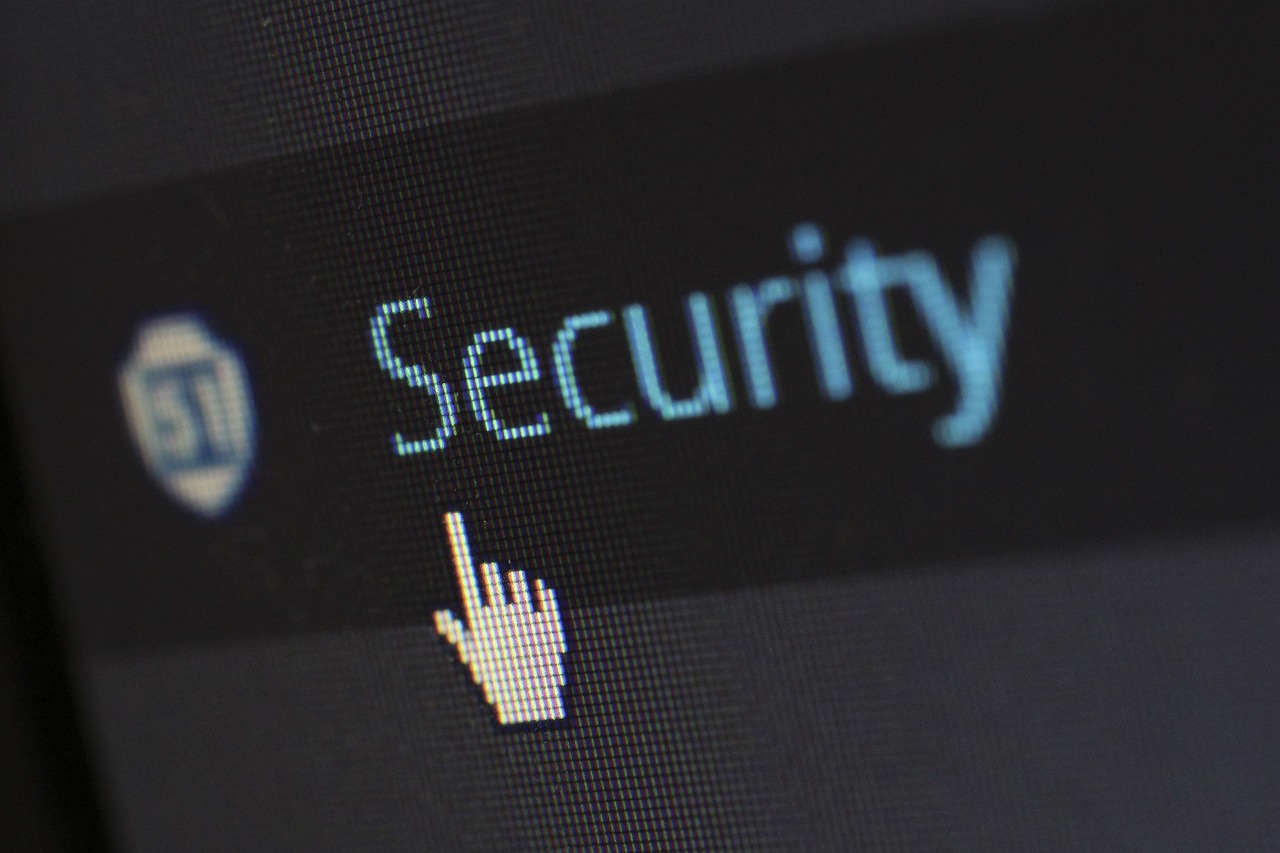In today's digital landscape, the importance of cybersecurity cannot be emphasized enough. With the rise of cyber threats and malicious attacks, organizations and individuals must prioritize their IT security measures to safeguard their sensitive data and systems. One crucial aspect of effective cybersecurity is self-awareness - understanding one's own strengths and weaknesses in this realm. Self-awareness in cybersecurity involves recognizing one's knowledge and skills in protecting against cyber threats.
This includes grasping the fundamentals of cybersecurity, such as the significance of using strong passwords, keeping software up to date, and being cautious of phishing attempts. It also entails acknowledging one's limitations and knowing when to seek assistance from IT professionals or security experts. By being self-aware, individuals can make more informed decisions regarding their cybersecurity practices. For instance, if someone is aware that they lack expertise in cybersecurity best practices, they can take steps to educate themselves or enlist the help of someone with more knowledge in the field.
This proactive approach can help prevent security breaches and ensure that sensitive information remains secure. Self-awareness also enables individuals and organizations to prioritize their cybersecurity efforts effectively. By understanding their vulnerabilities, they can focus on implementing security measures that address their specific needs.
This may involve investing in encryption software, conducting regular security assessments, or providing cybersecurity training to employees. Moreover, self-awareness empowers individuals to recognize and thwart cyber threats targeting them. For example, if someone receives a suspicious email requesting sensitive information, they can exercise caution and avoid falling victim to a phishing scam.
By being aware of common tactics employed by cybercriminals, individuals can better protect themselves and their organizations from potential threats. In conclusion, self-awareness plays a pivotal role in making sound cybersecurity decisions. By understanding their own knowledge and skills in cybersecurity, individuals can take proactive steps to fortify their defenses against cyber threats.
This includes staying informed about best practices, seeking help when needed, and prioritizing security measures based on their specific vulnerabilities. Ultimately, self-awareness equips individuals and organizations to stay ahead of cyber threats and uphold the security of their valuable information.
This includes grasping the fundamentals of cybersecurity, such as the significance of using strong passwords, keeping software up to date, and being cautious of phishing attempts. It also entails acknowledging one's limitations and knowing when to seek assistance from IT professionals or security experts. By being self-aware, individuals can make more informed decisions regarding their cybersecurity practices. For instance, if someone is aware that they lack expertise in cybersecurity best practices, they can take steps to educate themselves or enlist the help of someone with more knowledge in the field.
This proactive approach can help prevent security breaches and ensure that sensitive information remains secure. Self-awareness also enables individuals and organizations to prioritize their cybersecurity efforts effectively. By understanding their vulnerabilities, they can focus on implementing security measures that address their specific needs.
This may involve investing in encryption software, conducting regular security assessments, or providing cybersecurity training to employees. Moreover, self-awareness empowers individuals to recognize and thwart cyber threats targeting them. For example, if someone receives a suspicious email requesting sensitive information, they can exercise caution and avoid falling victim to a phishing scam.
By being aware of common tactics employed by cybercriminals, individuals can better protect themselves and their organizations from potential threats. In conclusion, self-awareness plays a pivotal role in making sound cybersecurity decisions. By understanding their own knowledge and skills in cybersecurity, individuals can take proactive steps to fortify their defenses against cyber threats.
This includes staying informed about best practices, seeking help when needed, and prioritizing security measures based on their specific vulnerabilities. Ultimately, self-awareness equips individuals and organizations to stay ahead of cyber threats and uphold the security of their valuable information.



